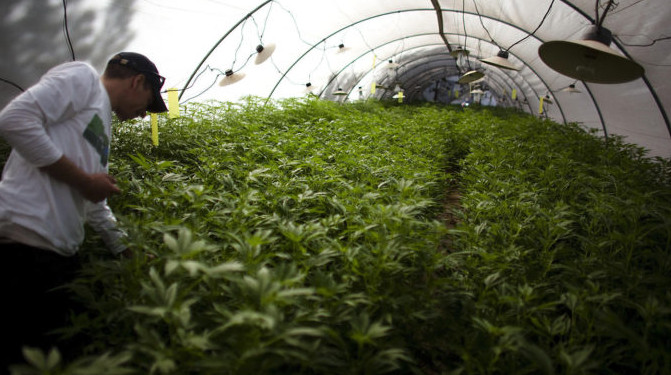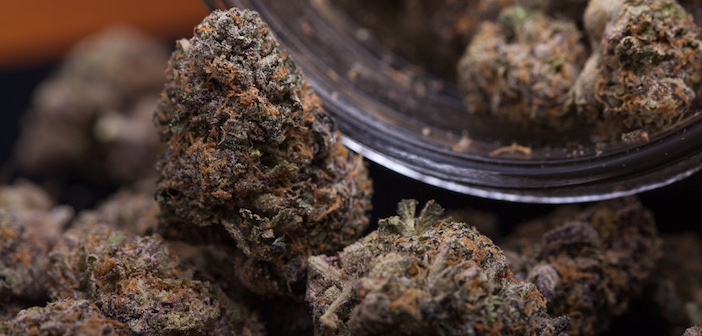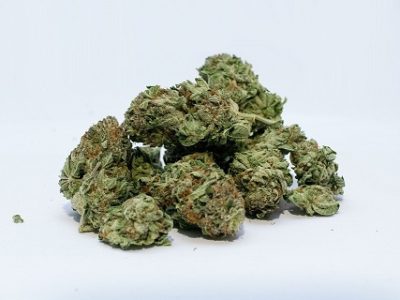Health Canada’s crackdown on banned pesticides in the medical marijuana industry is drawing praise from within the sector as the government introduces mandatory safety testing on all products to protect consumers.
Aphria Inc., which has called on the government to introduce stricter safety standards in recent months, said on Thursday that Health Canada’s decision was a welcome move. The company’s chief executive officer, Vic Neufeld, called it “a positive step forward” for the industry.
Health Canada announced last week it will subject companies to mandatory safety testing to ensure their products do not contain dangerous pesticides that can be harmful if inhaled or ingested.
It was an abrupt reversal by the department, which previously relied on companies to police themselves on banned pesticides, and told The Globe and Mail in February that mandatory testing was not necessary.
But after a Globe investigation this year uncovered evidence of deliberate use of harmful pesticides inside the industry, and hundreds of people who have fallen ill from using medicine that was tainted, Health Canada began random tests throughout the industry, in part to gauge the extent of the problem.
Spot checks at seven companies revealed evidence of banned chemicals at two medical marijuana producers. Plant samples taken at Hydropothecary Corp. showed signs of the pesticide myclobutanil, while screening of plants at Peace Naturals Project Inc. turned up evidence of piperonyl butoxide, a pesticide ingredient that is prohibited for use on cannabis.
Those discoveries came after banned pesticides such as myclobutanil and bifenazate were found late last year in products sold by Mettrum Ltd. and Organigram Inc. Such problems have led to mass recalls, and have damaged the credibility of the industry, in which producers often bill themselves to investors and consumers as pharmaceutical-grade companies.
Mike Gorenstein, chief executive officer of Cronos Group, which recently took over Peace Naturals Project, said he fully supports the new clampdown by Health Canada because it will make the growers more accountable.
“It is a positive. I think it is better for the industry,” Mr. Gorenstein said, adding that mandatory testing is not onerous. “This is what people deserve and it’s what patients should get. They should have transparency.”
Of the companies found with products containing banned chemicals, only Peace Naturals Project has so far been able to determine the source.
Mr. Gorenstein said the previous management at Peace Naturals used piperonyl butoxide during the sanitation of grow rooms between crops. However, the company now employs new procedures and does not use any banned chemicals.
Mettrum, Organigram, and Hydropothecary were each found with varying levels of myclobutanil in material that was tested, but have all said they do not know how it got there. However, a former employee of Mettrum told The Globe he saw it being applied to that company’s plants as far back as 2014.
The recalls at Mettrum and Organigram involved myclobutanil concentrations of up to 20 parts per million (ppm). Health Canada’s inspection of Hydropothecary uncovered plants with levels of myclobutanil of 0.023 ppm and 0.012 ppm.
Toxicology experts have told The Globe harmful chemicals in any concentration can be a health risk, but levels above 1 ppm are cause for particular concern.
Hundreds of people, some of them with compromised immune systems, have become seriously ill after exposure to tainted cannabis, with symptoms that include debilitating headaches, difficulty breathing, persistent nausea, vomiting, blistering rashes and muscle pain.
Health Canada said it will continue random spot checks on companies even as it introduces the mandatory testing regime.
“Health Canada will provide guidance to licensed producers in the coming weeks on how to implement mandatory testing for the presence of unauthorized pesticides,” the government said in a statement this week.
“In addition, Health Canada will continue to carry out random testing of product samples collected during its regular and unannounced inspections of all licensed producers and will disclose those results publicly.”














